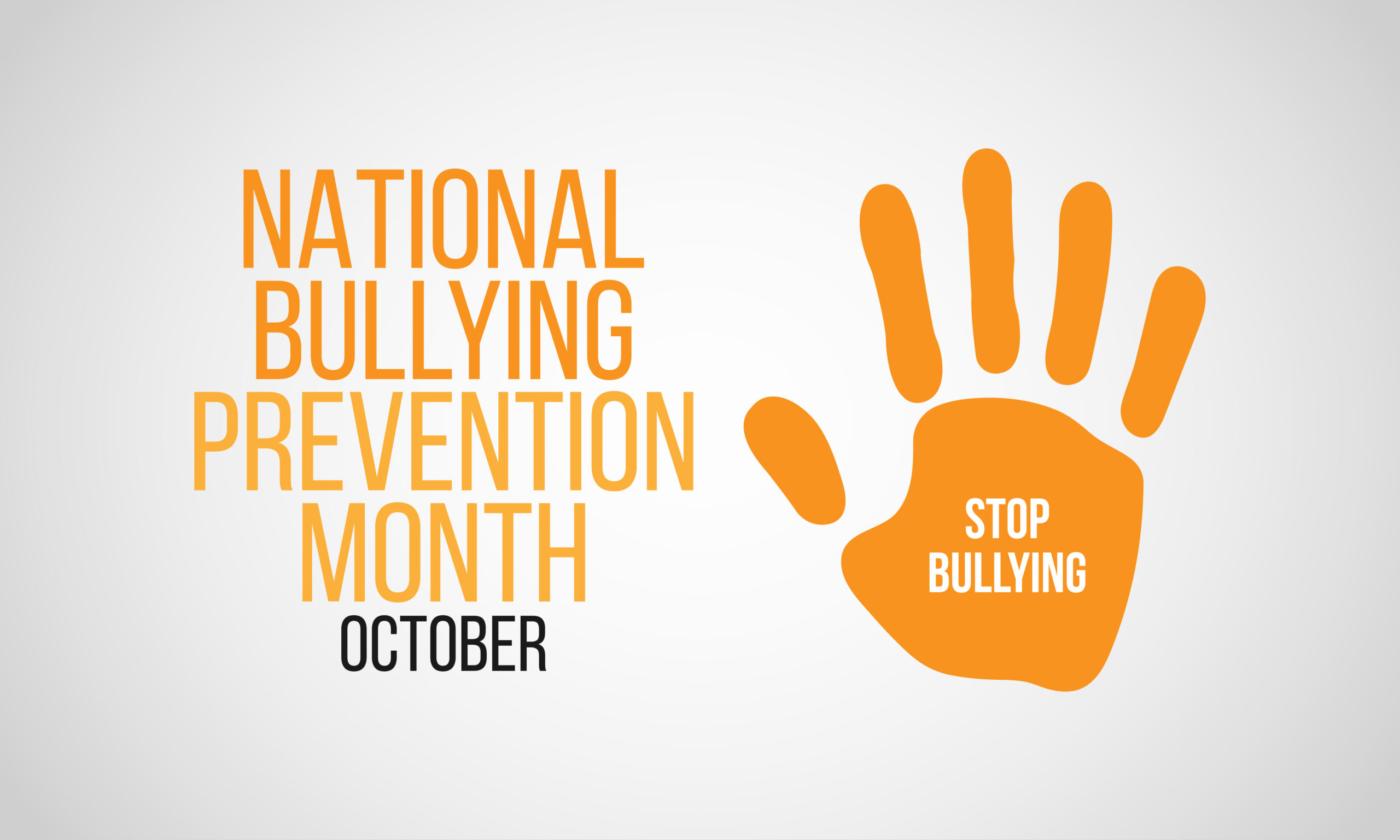
National Bullying Prevention Awareness Month
Bullying is defined as abuse and mistreatment of someone vulnerable by someone stronger, more powerful, etc. Unfortunately, bullying is nothing new. However, with each new technological advancement we see, bullies find a new outlet to use to prey on their targets. In honor of National Bullying Prevention Awareness Month, we are taking a stand and raising awareness for the immense need to stop bullying.
Bullying Can Occur at Any Age
Typically, we think of bullying as being something that occurs among adolescents. However, bullying can occur among any age group, race, or gender. Any instance of mistreatment or seeking to hurt someone or make them feel badly is considered bullying. It can happen at school, at work, or even among friends and family.
Bullying Doesn’t Always Stop When You Go Home
Although they can be wonderful means of keeping in touch with old friends, social media and other online communication platforms can negatively contribute to bullying. The days of going home to escape a bully are long gone. Now days, bullies can just log on to their computer or grab their phone and pick up right where they left off. In some instances, bullying can be more extreme online because the bully feels more confident when hiding behind a screen. Some even create a fake social media profile to target those who are more vulnerable.
The Impact of Bullying
Bullying can impact a child in many ways. It can weigh on them emotionally and physically and can have a negative impact on their relationships with friends and family.
Emotional and Social Impact of Bullying
Kids who are bullied often have a difficult time making friends and maintaining healthy relationships. If no intervention occurs, they can develop something called “learned helplessness,” which means they feel as though there is nothing they can do to change the situation. As a result, they give up. This can ultimately lead to severe depression.
As a bullied child grows into an adult, they may continue to struggle with issues with their self esteem and may have a difficult time developing and maintaining relationships. Understandably, they may also have a hard time trusting people, which can have a major impact on relationships.
Physical Impact of Bullying
The physical impact of bullying goes beyond the bruises of physical bullying. Children who are bullied often experience anxiety which can result in health issues due to the stress on their body. This can include things like ulcers, headaches, stomach aches, or simply getting sick more often.
Impact of Bullying on the Family
Bullying does not only cause harm to the child who is bullied. It can also affect their parents and siblings. Parents may feel helpless. They may also feel as though they failed to protect their child and, in turn, start to question their parenting abilities. However, it is important to remember, no one can predict who a bully will target. Parents should never feel responsible for the choices a bully makes and should instead focus on helping their child heal from the bullying. The bully is the only person to blame.
Bullying Can Have a Lasting Impact
Bullying is not only painful in the moment- it can also have a lasting impact on those targeted. Studies show the effects of bullying last well into adulthood and may have a greater impact on mental health than originally thought. Our experiences growing up – both positive and negative – shape how we view things and ultimately who we become as adults.
Stop Bullying
According to stopbullying.gov, quick and consistent response from adults can help stop bullying over time. It is important to send a clear message that bullying is not acceptable. We can all do our part to help stop bullying. If you see someone being bullied, don’t be a bystander. Use these tips to become an upstander!


